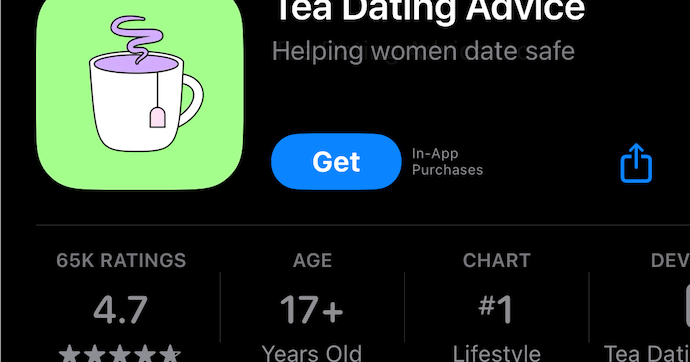T4K3.news
Investigation reveals alarming data practices of popular apps
A report shows many popular apps request excessive access to personal data.

A recent report reveals 20 popular apps ask for excessive personal data permissions.
Investigation reveals alarming data practices of popular apps
A report from Which? exposes that many widely used smartphone apps, such as Ali Express, Facebook, and WhatsApp, are requesting access to personal data at surprising levels. The investigation indicated that these apps ask for permissions like location tracking and microphone access, which are often unnecessary for their core functions. This situation raises concerns as many users quickly consent to these requests without understanding the implications. The investigation highlighted Xiaomi Home as the worst offender, requesting 91 permissions. Meta, the parent company of Facebook, responded by stating that users can control microphone access, which requires explicit approval from their operating system.
Key Takeaways
"Users are paying with their data when using these apps."
This statement emphasizes the hidden costs of using popular apps.
"Millions of us rely on apps each day, but many ask for shocking levels of access."
This quote suggests that users need to be cautious about app permissions.
"Our research shows how users are paying with their data – often in scarily vast quantities."
It stresses the extent to which users compromise their data privacy.
The findings from Which? emphasize a growing concern over privacy within the app ecosystem. While users enjoy the convenience of these apps, many are unaware of the significant amount of data they are trading for free services. The responses from companies like Meta and Samsung highlight a tension between compliance with regulations and the need for user trust. As app usage continues to rise, understanding these data practices will be crucial for users wishing to maintain their privacy. Ultimately, individuals must become more data-conscious and proactive regarding app permissions, making informed choices about which apps to use and how much data they are willing to share.
Highlights
- Stay informed about app permissions to protect your data.
- Privacy shouldn't be an afterthought in app usage.
- Understand the data you're trading for free apps.
- Don't let convenience compromise your personal data.
Concerns over data privacy and user consent
The findings reveal that popular apps request excessive and unnecessary permissions, raising serious questions about user privacy and data security.
As the app environment evolves, so too must users' awareness of their data sharing habits.
Enjoyed this? Let your friends know!
Related News

Investigation reveals privacy risks in top apps
Tea app faces serious data breach

Tea app data breach exposes user information

Tea app suffers major data breach

Tea dating app suffers significant data breach

Changes to U.S. health datasets alarm researchers

Tea app breach reveals 72,000 user images

Investigation reveals severe side effects of Ropinirole
